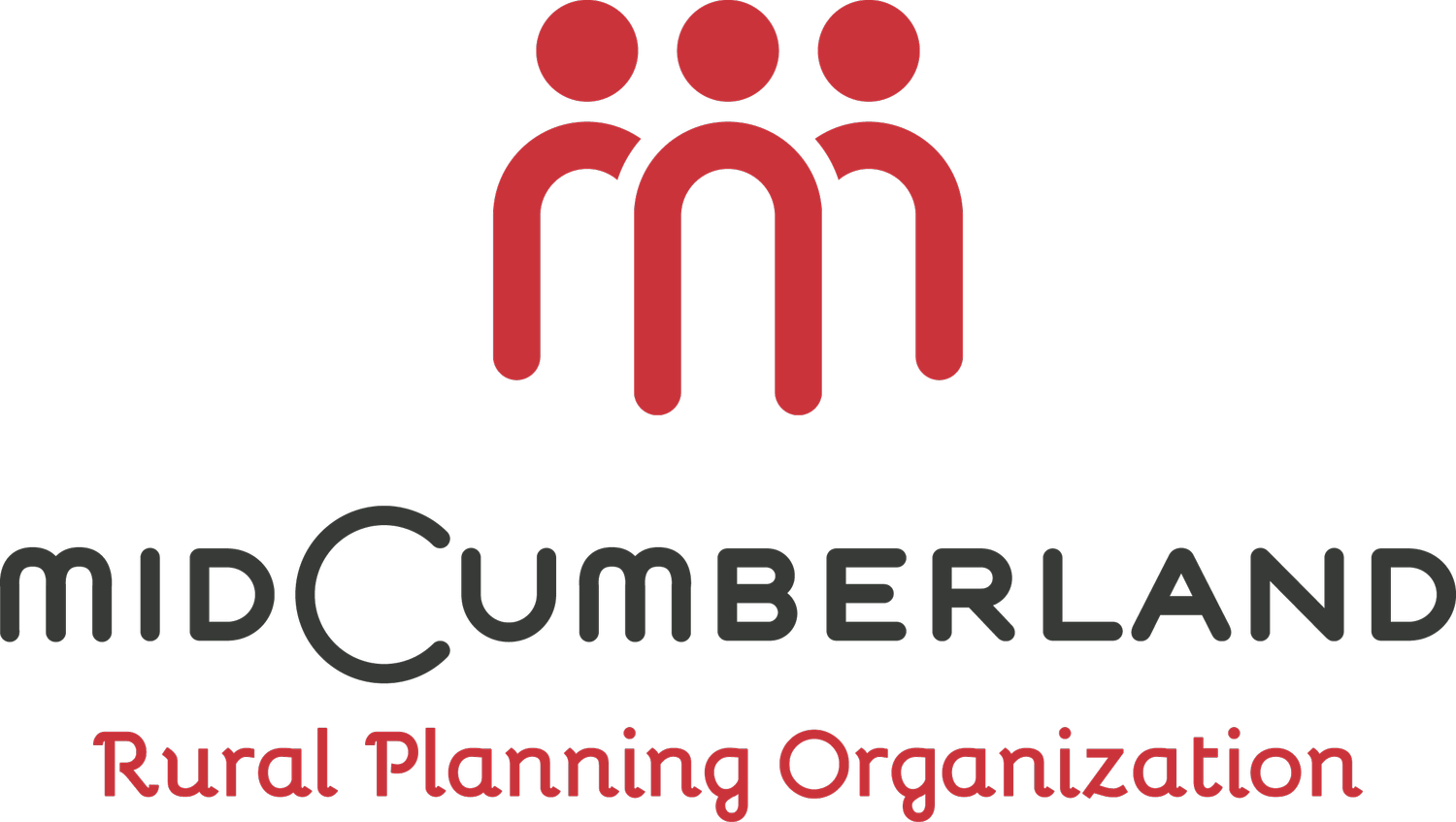
Project Requests
Receiving Project Requests and Providing Assistance
The State’s RPO’s serve as a central point for receiving requests for assistance and providing input on transportation needs for the RPO area from all relevant sources including RPO members, stakeholders, and other interested citizens. The RPO’s shall summarize this input on at least a monthly basis and share the information with OCT staff. The RPO’s shall respond to all questions and inquiries from local officials and the public regarding transportation projects and studies in a timely manner, sharing questions and concerns with TDOT when necessary to obtain accurate answers. The RPO’s will contact OCT staff regarding questions or concerns regarding TDOT input. OCT staff will coordinate with the appropriate TDOT staff to prepare a response. OCT will forward the TDOT response to each RPO Coordinator within 10 days of receipt of the inquiry.
RPO’s: Coordinating Transportation Updates & Public Input
The RPO’s remain current on any relevant transportation projects (from the planning phase through construction) for the purpose of making update reports at regular meetings and keeping local officials informed of current statuses. TDOT shares available information with the RPO’s for this purpose.
The RPO’s compile input from the public regarding all modes of transportation needs and coordinates any responses with the State’s Long Range Planning Division as appropriate. Format will be provided by the State’s Long Range Planning Division.
Requests for assistance regarding transportation studies, safety inquiries, etc. should include pertinent information such as:
A description of the project or program
Person(s) who submitted the input and a means of contacting them
Preliminary concern identified
Termini and/or geographic area to be served
A map clearly marked with the pertinent area or section of the transportation system
Other relevant information including information from site visits such as photos and videos
The RPO’s are a point of contact for local jurisdictions and is to provide assistance and guidance on the State systems such as E-TRIMS and the associated database of information, assistance with changes to Urban Boundaries, the Functional Classification System, and the State Aid System. After an initial review with the appropriate OCT Community Planner and the State’s Long Range Planning Contact(s), qualified findings shall be presented at the next meeting for initial consideration. In accordance with the approved bylaws the RPO acts as the initial body which weighs input and works with TDOT to determine whether a request should be pursued further. The RPO’s ensure that appropriate stakeholders are identified for meetings where requests are introduced for discussion.
Data Collection
The RPO’s serve as the State’s focal point or clearing house for information and data to be collected from each RPO region, their local agencies, stakeholder groups and other organizations as needed for transportation studies and funding consideration. The MTRPO Coordinator is a point of contact for our region’s local jurisdictions and provides assistance and guidance on the State systems such as E-TRIMS and the associated database of information, assistance with changes to Urban Growth Boundaries, the Functional Classification System, and the State Aid System. Data collection is a vital step for any transportation study and funding consideration.
Examples of the types of data to be collected are:
All local Planning Documents to include plans and regulations.
Identify and inventory major transportation facilities/locations/distributions linking to the statewide transportation system. Development of this data may include documents and/or GIS-level data such as:
Major traffic generators (schools, employers, hospitals, residential (including single family, multi-family, apartments), industrial parks, and large-scale retail)
Major Freight Users (trucking companies with 15+ trucks per day)
School Siting (new or expanding school locations)
Railroad (adjacent owned property/spur lines/switch yards/intermodal)
Identify local routes not functionally classified.
Existing and potential truck parking facilities.
Existing and potential Park-n-Ride lots.
Local/Rural Transit Data
Airports (location, capacity, and operations data)
Waterways including ports (identify facilities locations and freight type and capacity).
Street and bridge data (Pavement and bridge Condition data sets).
For more information
please contact the MTRPO Coordinator at karyssa.wilson@mchra.com





